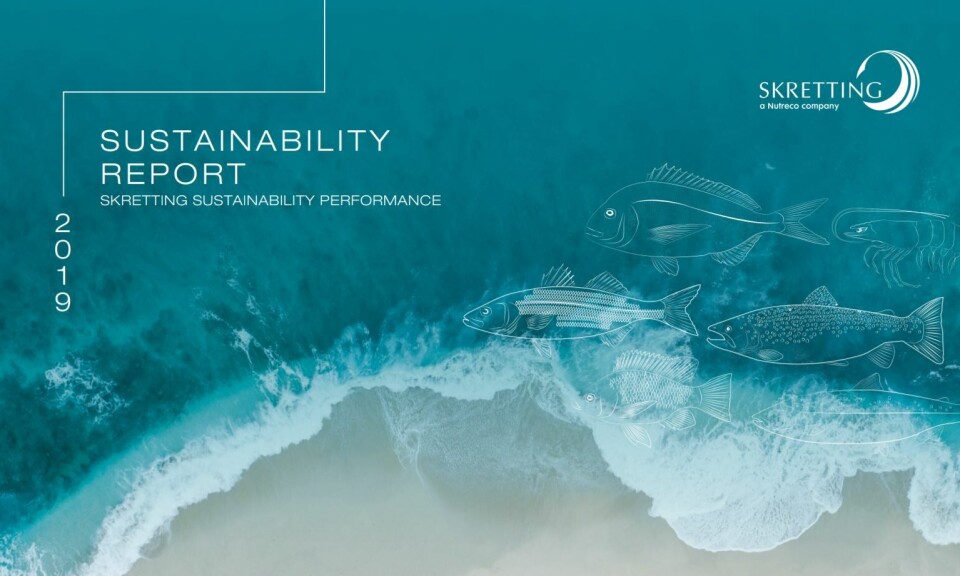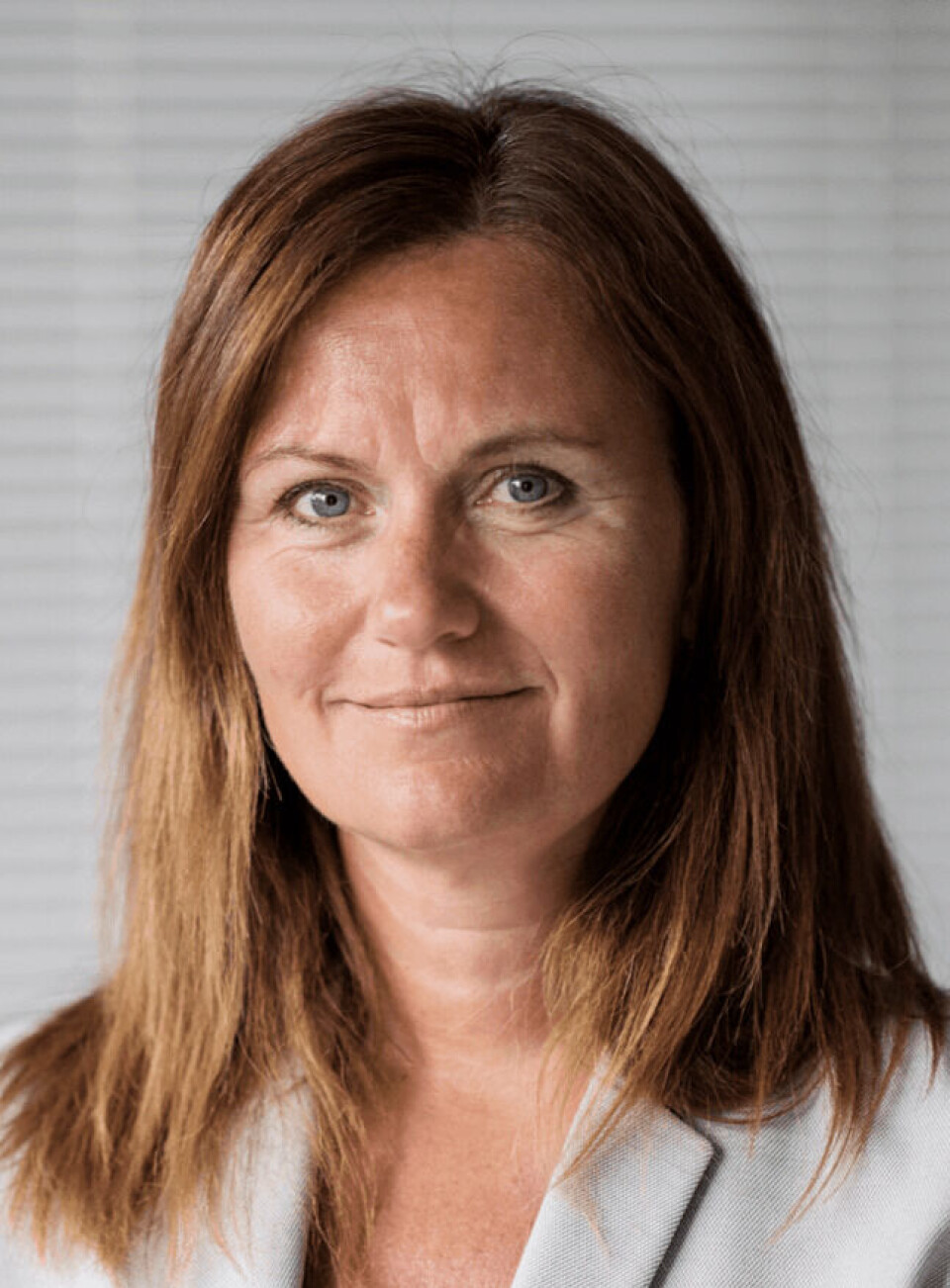
UK factory closures dent Skretting sustainability performance
The percentage of deforestation-free soy used by feed manufacturer Skretting fell last year because of the company’s closure of its UK factories at Invergordon and Preston, the company has revealed.
Scottish salmon producers had specified that Skretting should use only deforestation-free soy in its feed for the UK market.
But when Skretting pulled out of manufacturing in the UK because of fierce competition, it meant the proportion of deforestation-free soy in Skretting’s overall feed volume fell.
Salmon feed
“In 2019, 33% of our soy purchases met criteria of being deforestation-free. Compliance was assured through buying soy that where either ProTerra or RTRS certified,” said Skretting its Sustainability Report 2019, published earlier this week.
“We see a reduction of the deforestation-free soy purchases compared to 2018. This is due to our salmon feed producing operations buying a majority of deforestation-free compliant soya. In 2019, Skretting closed its business in the UK, where only deforestation-free soy was purchased.
“In 2020 we will work to improve our risk evaluation of deforestation when buying from different geographical areas.”
Improved traceability
Skretting, which sources 55% of its soy from South America, said it doesn’t source products from lands that are illegally forested, and that from this year it will be able to trace soy that is the origin of soybean concentrate in Brazil back to the community where it was cultivated.

In her introduction to the report, Skretting chief executive Therese Log Bergjord said the company has a long-term ambition to reduce the value chain’s dependence on finite ingredients like fishmeal and fish oil, and was investing considerable resources in the development and commercial introduction of novel ingredients.
“It is our belief that these will have a huge positive impact on the aquaculture space in the years and decades ahead,” Bergjord.
Fish-free diets
Skretting sustainability manager Trygve Berg Lea said the company had the ability to be completely independent of marine resources like fishmeal and fish oil should fish farmers and supply chains require it.
Asked by Fish Farming Expert how much feed Skretting could now make with alternatives to marine ingredients if customers demanded it, a spokesperson said the company been able to make completely marine free diets since 2017, but that volumes were limited by availability of alternative sources of the long chain omega-3s EPA and DHA.
Algal products
“Since 2017, the availability of these products has increased with a few experienced suppliers now being able to reliably produce high omega-3 algal products so volumes are increasingly available.
“There are several farmers that have been willing to differentiate their seafood products, or desired to increase the flexibility of the ingredients they use in their feed, and so are driving the inclusion of these products into the market.”
Skretting’s sustainability report includes details of measures to reduce its carbon footprint, its human rights and community policies, efforts to help fish farmers in Africa, support for fishery improvements and a breakdown of the ingredients that go into its feeds. Its typical salmon feed formulation comprises 10.2% fishmeal and crustacean meal, *13.6% poultry meal, 33.6% vegetable proteins, 10.8% fish oil from wild capture and farmed fish and crustaceans, 17.4% vegetable oil, 1.5% poultry oil, 10.7% starch raw materials (wheat) and 2.2% vitamins, minerals and pigments.
Read the full report here.
*Use of poultry meal will depend upon market acceptance and legislation. It is not used in Scottish salmon farming.























































